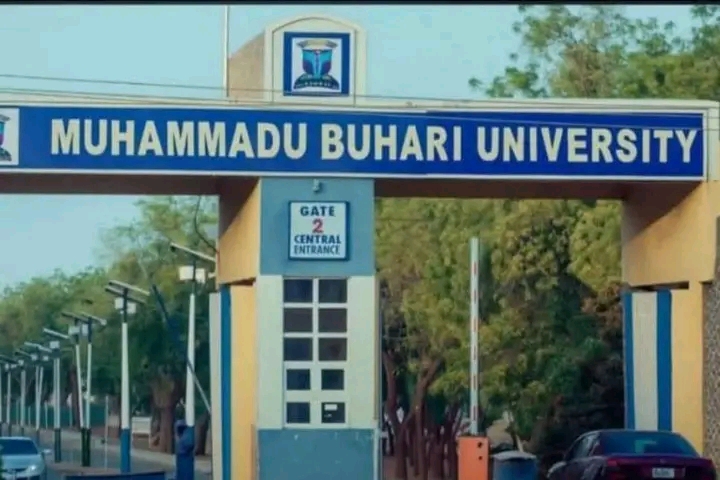By Abdul Lauya
The recent decision by President Bola Ahmed Tinubu to rename the University of Maiduguri after late former President Muhammadu Buhari is stirring discontent among key stakeholders, with alumni, students, and concerned citizens formally protesting the move and demanding a reversal.
The renaming, announced during a special session of the Federal Executive Council (FEC) at the Presidential Villa, was part of a national tribute to President Buhari, who died on July 13 and was buried in Daura, Katsina State. President Tinubu described Buhari as “a good and honourable man” and said the gesture was a mark of respect for his contributions to Nigeria’s development and democracy.
However, in a petition titled “Preserve the Identity of the University of Maiduguri,” addressed to President Tinubu, stakeholders of the institution called the renaming inappropriate, warning that it undermines the legacy, emotional attachment, and identity the institution has cultivated over nearly five decades.
“The University of Maiduguri is more than just a name,” the petition reads. “It is a symbol of resilience, academic excellence, and cultural heritage, especially in the face of insecurity that once plagued the North-East.”
The stakeholders acknowledged the significance of President Buhari’s legacy but argued that such recognition should not come at the expense of an institution whose name has become a source of pride across Nigeria and the global academic community.
Established in 1975, the University of Maiduguri, known widely as UNIMAID, has been pivotal in peacebuilding, research, and education in Northern Nigeria. It has produced thousands of leaders, professionals, and scholars whose identities are tied to the university’s original name.
In their proposal, the petitioners urged the presidency to consider other institutions for renaming, including the Federal University of Transportation, Daura, and the Nigerian Army University, Biu, both of which they argue are more directly connected to Buhari’s personal legacy and career.
“We believe his name can be immortalized through alternative national monuments, research institutes, or legacy projects that will not alter the historic identity of a university so beloved by its community,” the petition added.
An Eye Reporters analysis, published shortly after the announcement, echoed similar concerns, warning that renaming federal institutions without stakeholder engagement has often sparked backlash. The report cited the 2012 attempt by the Jonathan administration to rename the University of Lagos to Moshood Abiola University — a move that was reversed after intense public resistance.
“While Buhari’s national legacy is recognised, especially for his anti-corruption stance and fiscal conservatism, the renaming of UNIMAID may spark quiet discontent within the academic and alumni communities,” Eye Reporters noted.
Critics argue that such unilateral decisions may disrupt alumni identity, complicate degree validation, and distort the institution’s long-standing historical narrative.
As of press time, the Presidency has not clarified whether an amendment bill will be sent to the National Assembly to formalize the name change, as required under Nigerian law. Until such legislation is passed, the renaming remains symbolic and unofficial.
For many UNIMAID stakeholders, the issue is not political but personal and historical. The name, they insist, is a hard-earned emblem of survival and service.
“Let us honour President Buhari without erasing UNIMAID,” the petition concludes, calling on Tinubu to uphold national unity, fairness, and respect for institutional legacy.


